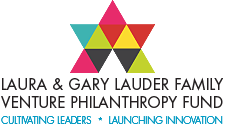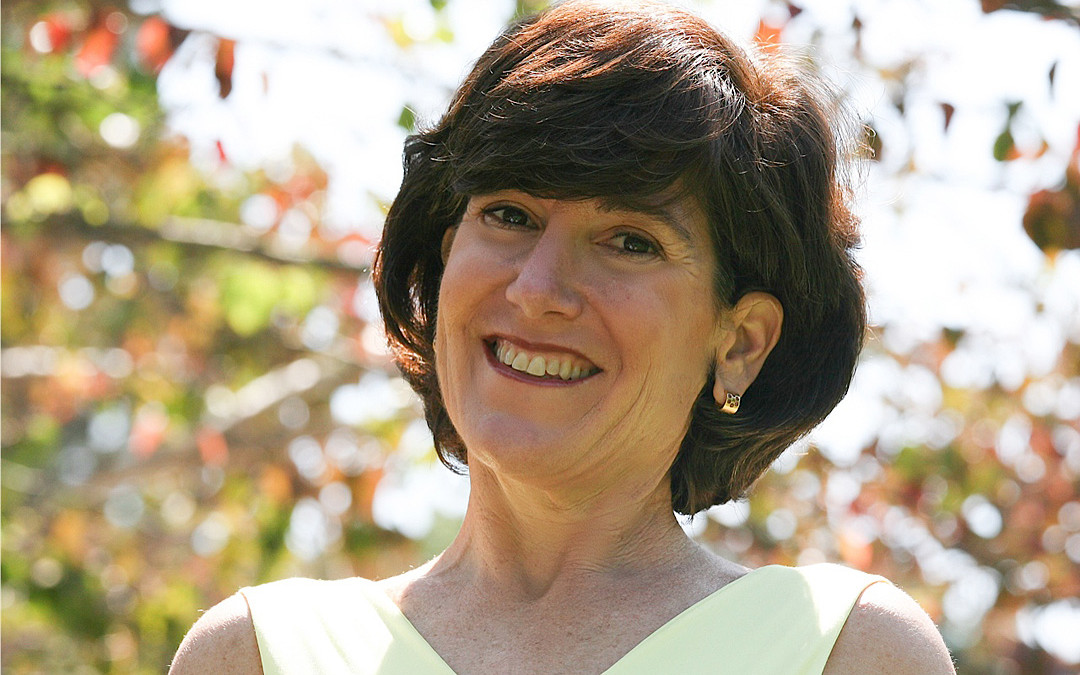In my day job, I am a venture capitalist in Silicon Valley. If nothing else, I’m used to taking risks. Big risks. Venture capitalists look for great people to execute great ideas — finding gaps in the market to fill, or creating new needs. We know that the key to making a lot of money is finding the right people to run with a great idea. Real estate moguls will tell you success is defined by Location, Location, Timing and Location. In the world of funding start-up companies, it’s about People, People, Idea, Timing, and People.
I am trying to spend more time learning to be a Venture Philanthropist. I steal techniques from my day job to inform my effectiveness at giving away money.
As a Wexner Heritage Fellow, my interest and commitment to improving the Jewish day school education world grew exponentially. I felt there was a big opportunity for making a significant difference in this fast-growing area. I could leverage my contacts, my passion and my dollars by leading a consortium of funders to help these hundreds of progressive Jewish families searching for great secular and values-based education for their kids.
And yet, even in the relatively small niche of philanthropy defined by Jewish day schools, there was such a broad landscape, I didn’t know where to focus. Where could my business experience, expertise (if any) and my desire to fill a compelling gap be best used? How could I help inform the field and yet still produce tangible, measurable outcomes? How could we create a national model that would help transform some component of this landscape?
Jon Woocher, Josh Elkin and I discussed the answer to these questions at a PEJE conference in October 2000. “We have seen huge growth in numbers of buildings, thanks to Avi Chai and PEJE. We have seen an extraordinary expansion of demand by parents. What we lack are the highly qualified, trained and experienced teachers to now fill the schools. And, we lack the integration of curriculum that is at the core of the progressive day school of the 21st century. Let us create a national Fellowship that will be at once prestigious, well-funded, comprehensive, selective, and which maintains a high standard of excellence to recruit a national cadre of day school teachers.” What I loved about this idea was that it was holistic, comprehensive, creative, and reeked of excellence. The only problem with it: it was an expensive model!
And it was so: DeLeT (Day School Leadership through Teaching) was born! The keys to success were:
- Due Diligence: For the first six months, we researched the field to educate ourselves about prior initiatives, programs at universities, etc. JESNA’s research capabilities and sources were invaluable.
- Convening the Best People: To create this initiative, Josh and Jon recommended top people in the field, including Sharon Feiman Nemser and Gail Dorph of Brandeis University, and Sara Lee and Michael Zelden of HUC. Yes, the people made the difference.
- Start in an Incubator: Housing the initiative in a warm incubator environment at JESNA where Jon Woocher chaired the Executive Committee was critical to its success. Jon (and the JESNA team’s) long experience provided just the right strategic planning partner. And, ongoing evaluation from the outset by JESNA’s renown Berman Center was enormously helpful.
- Have an Exit Strategy: Ultimately, I as the venture philanthropist cannot be involved in the ongoing operations forever. While we have created a national model for recruitment of professional educators, the venture philanthropist has a fiduciary responsibility to his/her “investors” to find a permanent home for such a national model that will help it grow and evolve. In DeLeT’s case, that will be at the academic sites where it is run. Brandeis and HUC will be taking over the program and funding it ongoing after just three years of a pilot phase. We are delighted: JESNA’s role as an incubator will be finished; the Berman Center’s evaluation will be made public for others to learn from the experience of creating a national initiative in educator recruitment and retention. Maturity has arrived early for DeLeT, but our role as venture philanthropists involved in it will not be over in our hearts — DeLeT is still our baby, and we will continue to support and be a part of it as it continues to evolve at its academic centers.
In the end, we tried to bring a sense of national coherence to the profession of recruiting teachers for our day schools. We have attempted to elevate the prestige, creating a sense of a career for serious candidates who are passionate about teaching. In this sometimes frustrating poorly compensated field where there are no formal training programs, we wanted to offer a thoughtful, comprehensive, supportive environment so that our teachers will stick with this for the long term.
My investors and I took a multi-million dollar risk in creating DeLeT. Now, I dare say that the return on our investment looking back over three years of this enterprise has been many-fold — far better than the returns on our more recent investments in Silicon Valley.

